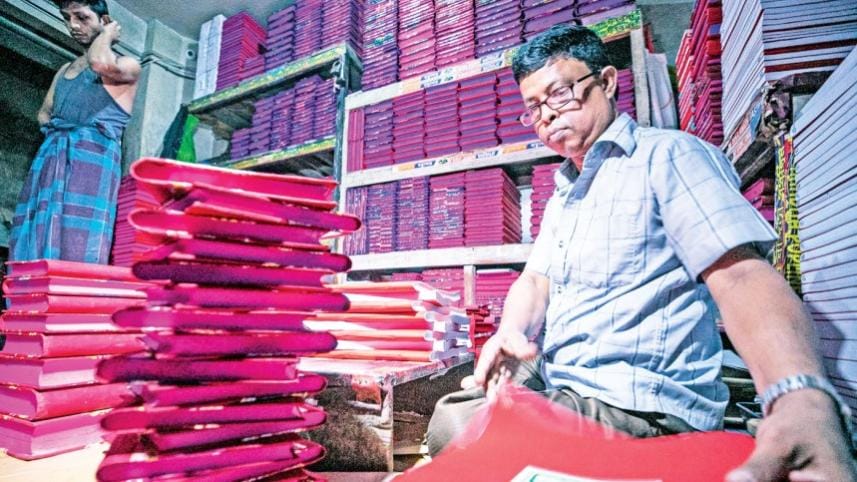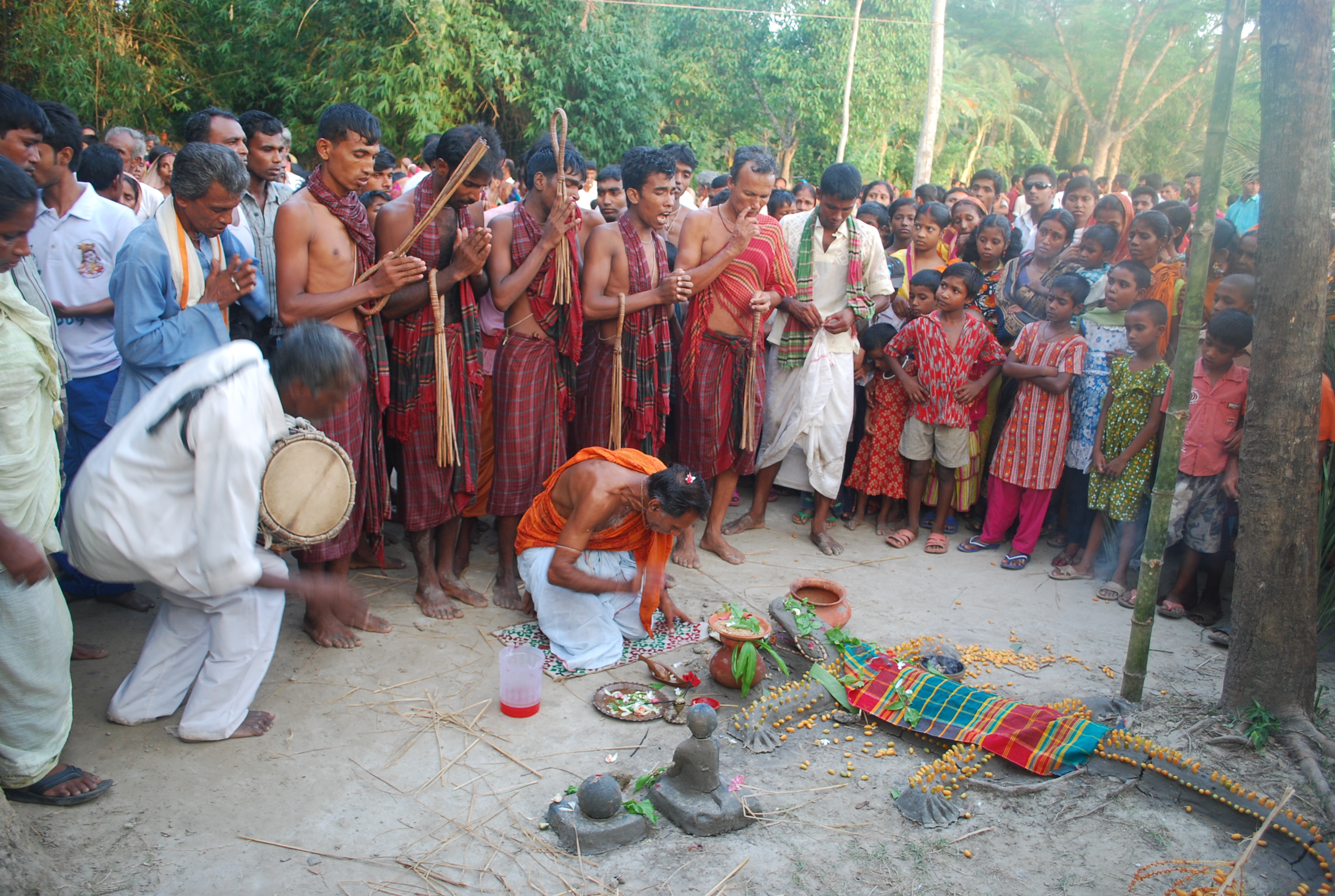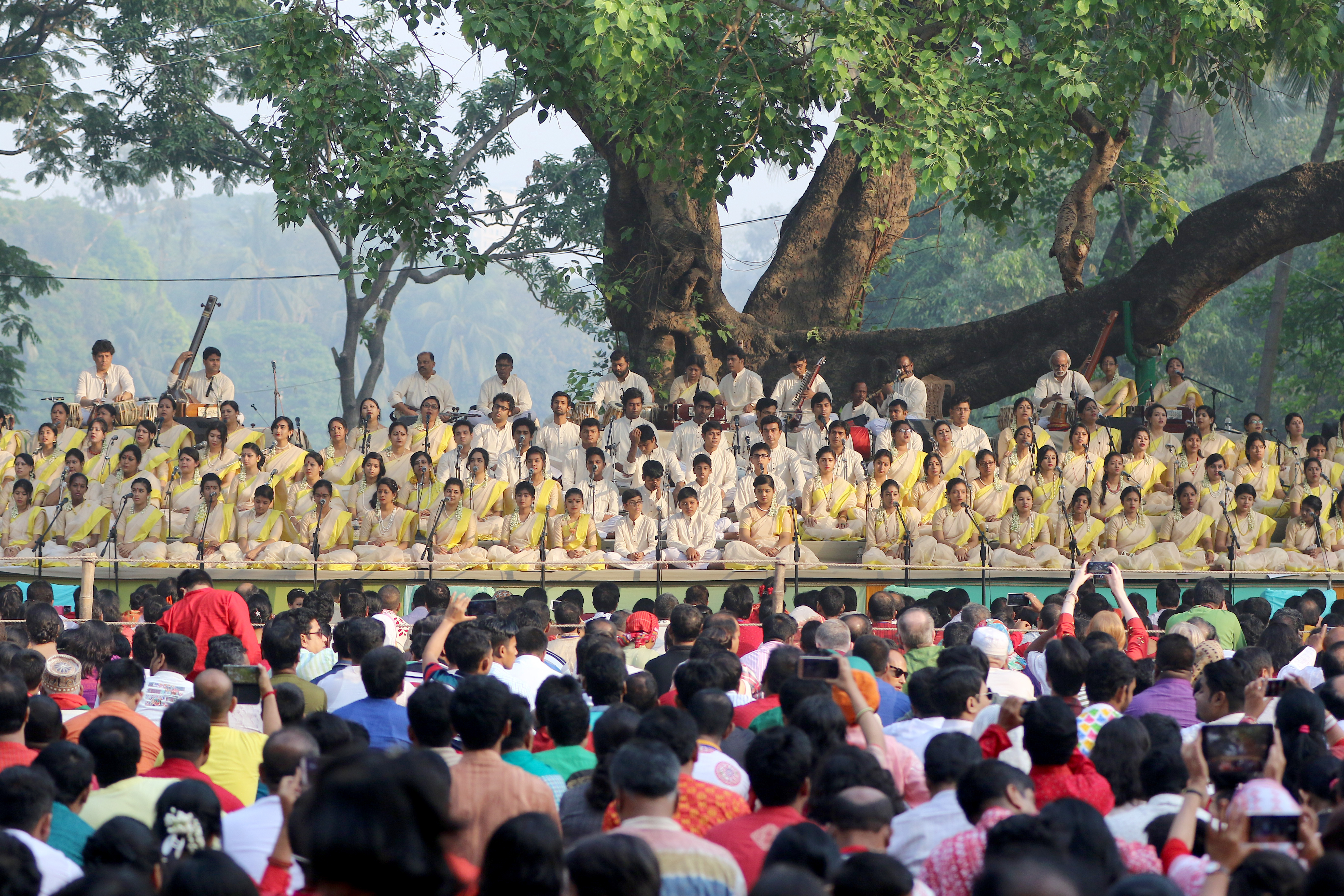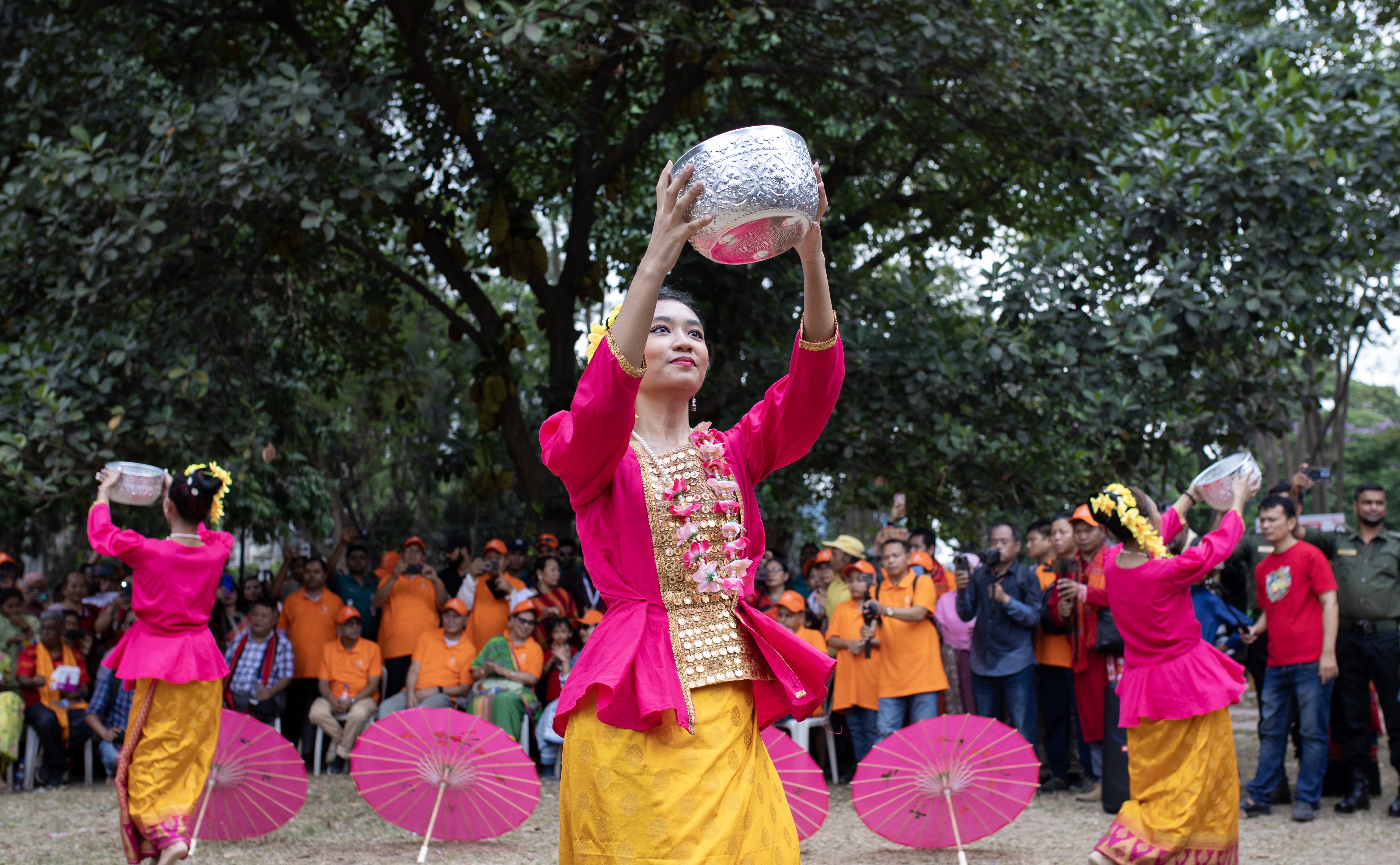We want an inclusive society this new year

The lives of Bangladeshis are enriched with various festivals, the most prominent of which is Noboborsho (Bangla New Year). Our cultural tradition and social structure are deeply rooted in it. Even today, most farmers in the country sow seeds, harvest crops, and remember their birth dates according to the Bangla calendar.
The names of two Muslim rulers are notable in the formalisation of the Bangla calendar: Sultan Hossain Shah and the Mughal Emperor Akbar. However, everyone knows that Akbar was the main promoter of the Bangla calendar. On his orders, his revenue officer, Fateh Ullah Siraji, created the Bangla calendar based on the solar year and the Arabic Hijri year. At first, it was called Fasli calendar, but later, it came to be known as Bangabda or Bangla Noboborsho. The celebration of Pahela Baishakh began during the rule of the independent king of Bengal, Gaureshwar Shashanka. On the last day of Chaitra, all the subjects were obligated to pay their taxes and duties. The next day, on Pahela Baishakh, the landowners used to serve sweets to the people of their region.
Various festivals used to be arranged centring these two days. Gradually, it turned into a social event. One of the main events was the opening of halkhata, which means new ledger. In villages, cities or commercial areas, everyone used to close the old accounts and open new ones for the new year.
On the other hand, Punyah, a festival marking the annual settlement of land revenue, was first started by the Mughal subahdar of Bengal, Murshid Quli Khan, according to researcher Shamsuzzaman Khan. Murshid Quli Khan used Akbar's revenue system to start the Bangla calendar.
The English year begins at midnight. And the Bangla year begins at dawn with the sunrise—with a new mood, new energy, new path. The past sorrows are forgotten, and we move forward with new enthusiasm. Like the sun, the Bangla New Year illuminates us. Villages and cities are decorated with various decorations. Bangalees and many other ethnic groups participate in grand ceremonies to welcome the new year. This is how Baishakh bears witness to our tradition and culture.
On the first day of Baishakh in 1954, the then chief minister of East Bengal, Sher-e-Bangla AK Fazlul Haque, said, "Today is the first day of the Bangla New Year. On this occasion, I extend heartfelt congratulations to my beloved people of East Bengal. And on their behalf, I extend my love and affection to our brothers in West Pakistan and best wishes to the people of the outside world. Our journey has begun in a new environment. We have entered the New Year with the resolve to leave the old behind and usher in a new era" (Daily Azad, April 14, 1954).
Pahela Baishakh is the biggest non-communal and soulful festival of Bangalees. The harmony among Bangalees is universal. It is the source of strength that binds people of all walks of life. Various programmes are set to take place today for the occasion, including the Ananda Shobhajatra and the Baishakhi Mela. People will bring out new halkhata and serve each other sweets.
There is a mantra of getting closer during such festivals. With that mantra or the pull of the root, many will go to the villages. Many are in financial difficulty; I request the well-off to stand by them as that is the spirit of our culture.
"Let the dirt be wiped away, let the old be washed away, let the fire cleanse the earth"—following these lines by Rabindranath Tagore, Pahela Baishakh helps us forget all the dirt of the past and begin anew with the spirit of harmony. Everyone wears new clothes, visits friends and neighbours, and exchanges greetings saying "Shubho Noboborsho." Social relations develop through such mutual transactions.
To make the day memorable, many houses in the rural areas are decorated with lights. In the capital, the celebration of Chhayanaut at Ramna Batamul adds a new dimension. People are seen wearing colourful, traditional clothes. It creates a wonderful bond of respect and unity.
The reality is that Dhaka is now a cosmopolitan. It is home to people of many thoughts and multiple cultures and languages. They have their own cultural representation, interpretations, and ideas. Such festivals play a role in reducing the gap between the periphery and the centre.
Love is always created from the need between people. When people and cultures are mingling together at the edges of society, it increases exchange. In 1969, 1971, 1975, and 1990, we dreamt and were disappointed. After 2024, we dream again of a new day, a new Bangla year.
Emran Mahfuz is a poet and convener of Abul Mansur Ahmad Smrity Parishad.
Views expressed in this article are the author's own.
Follow The Daily Star Opinion on Facebook for the latest opinions, commentaries and analyses by experts and professionals. To contribute your article or letter to The Daily Star Opinion, see our guidelines for submission.




 For all latest news, follow The Daily Star's Google News channel.
For all latest news, follow The Daily Star's Google News channel. 


Comments